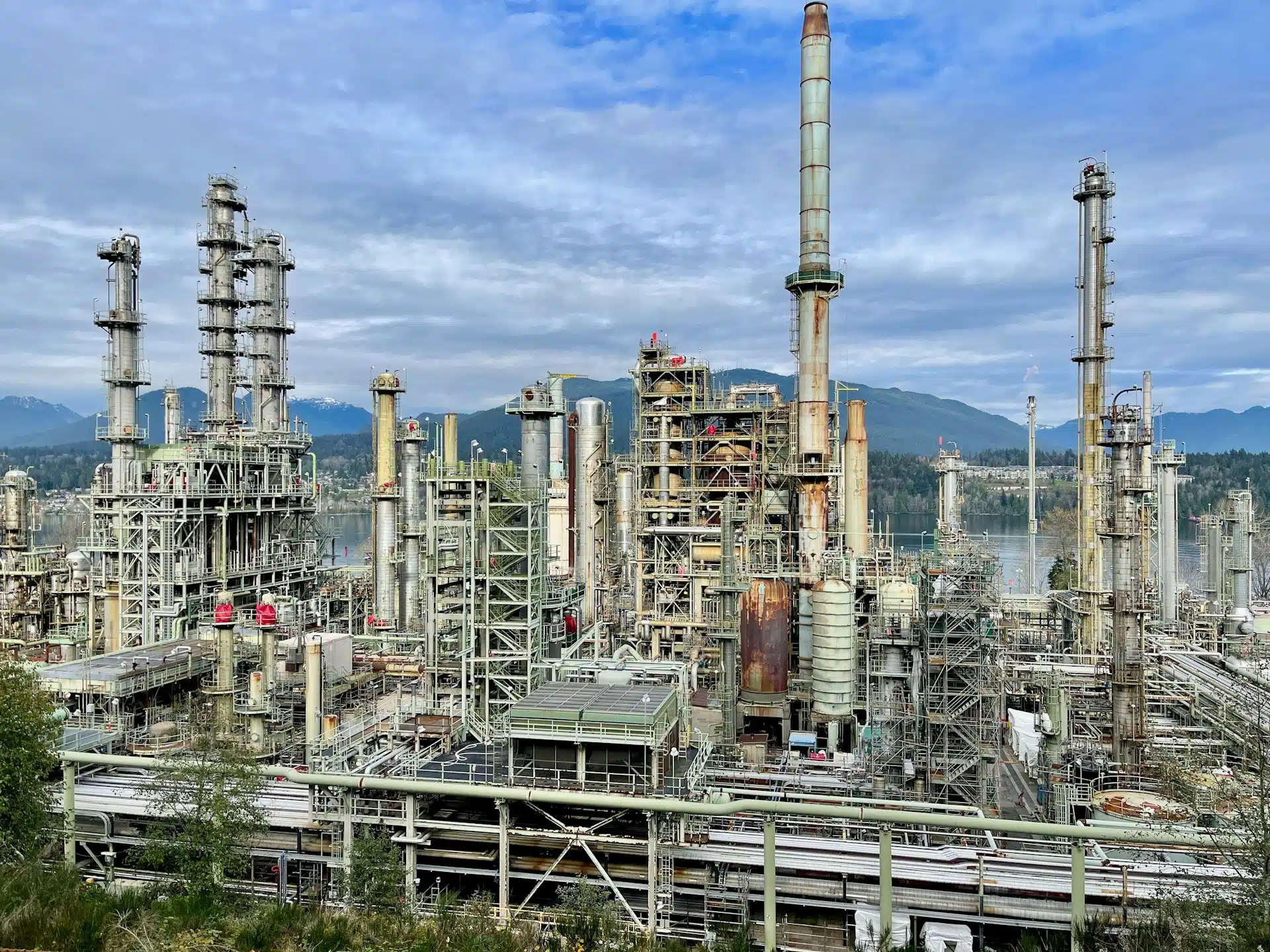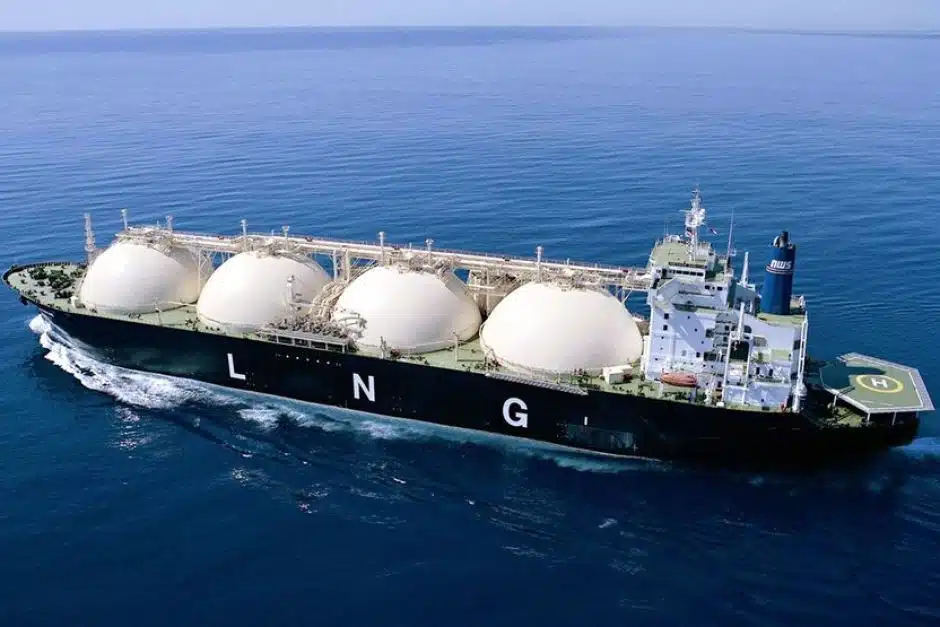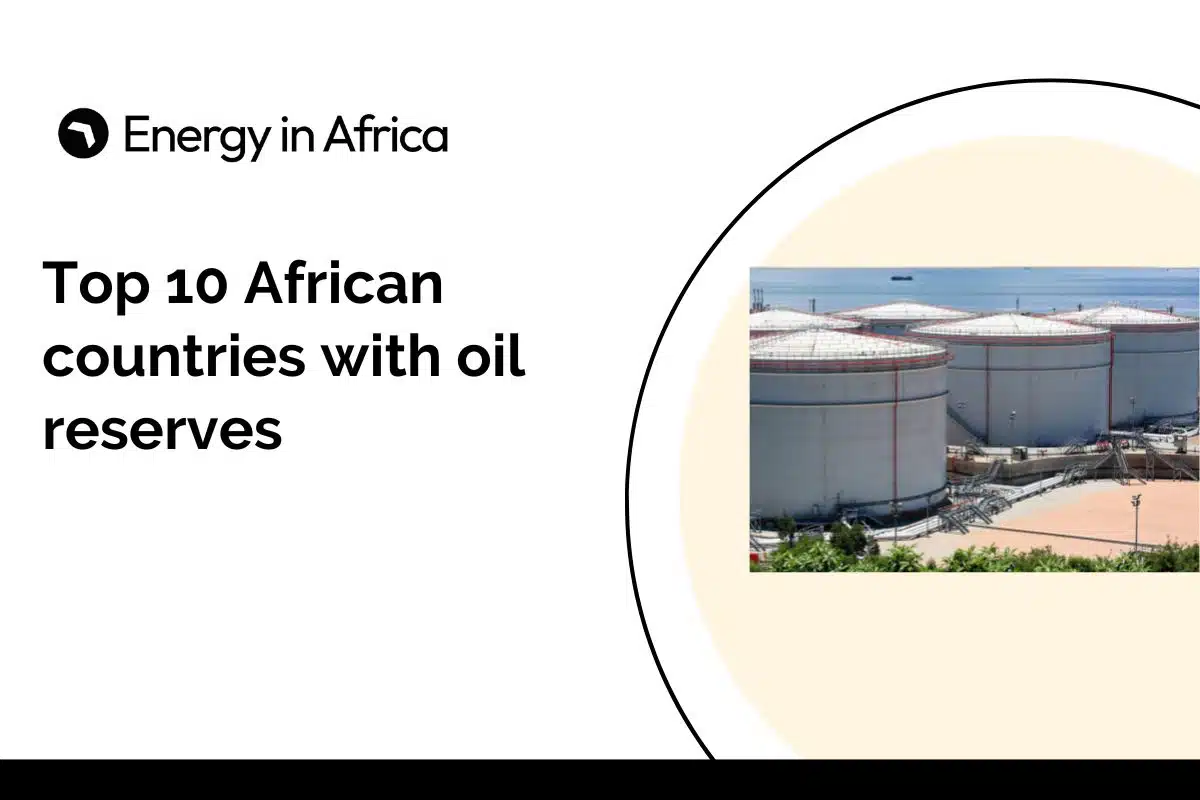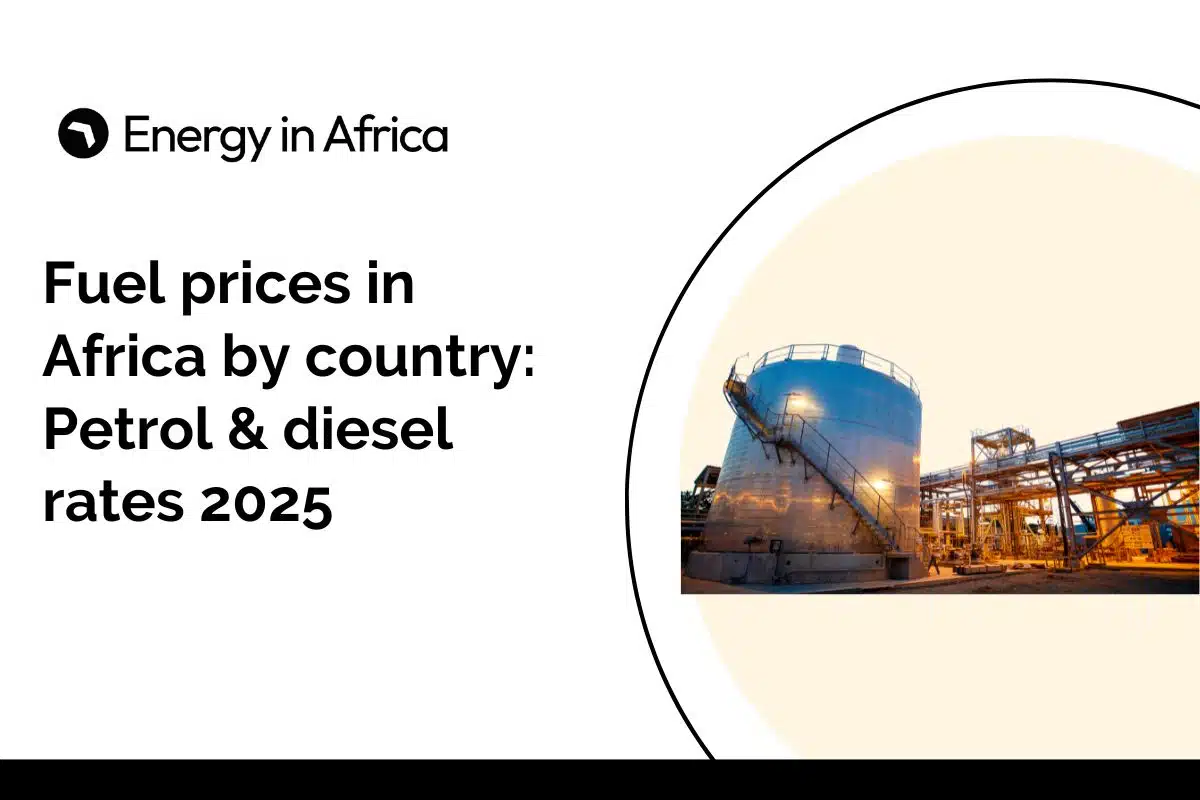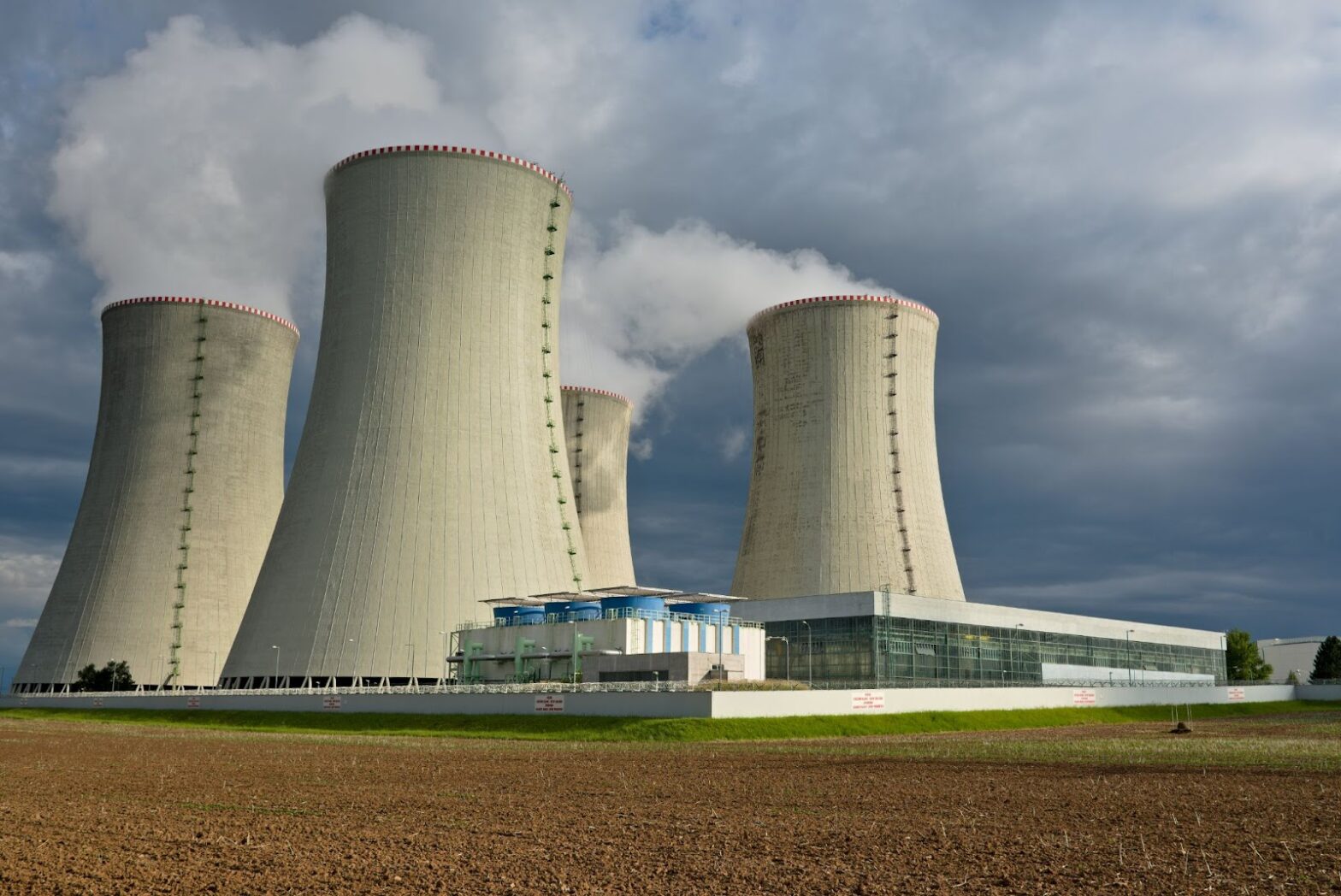Nigeria’s oil and gas industry is entering a new phase of growth as local companies take on expanded roles, driving development in formerly neglected oil fields and increasing domestic production capacity.
This shift is helping the country move closer to its goal of boosting oil output by an additional one million barrels per day (bpd) next year.
Local firms have acquired onshore and shallow water assets divested by international oil majors, investing billions of dollars to develop these fields and infrastructure.
Their efforts mark a significant step in Nigeria’s journey toward greater local participation and innovation in the energy sector.
Reviving idle terminals and assets
One notable milestone is the commissioning of Nigeria’s first locally developed and operated onshore crude terminal, Otakikpo, built by Green Energy Limited.
Located in the OML 11 block near Port Harcourt, the terminal has a capacity of 360,000 bpd and loaded its first crude cargo on Monday.
Shell lifted this initial shipment, signalling renewed activity and the potential to unlock over 40 stranded fields in the region.
Conoil Producing Limited also recently shipped its first cargo of the new obodo crude blend from the onshore OML 150 in the Niger Delta.
Oando Trading, a subsidiary of Oando Plc, handled the lifting of this cargo from assets bought from Eni.
Renaissance Africa Energy, which acquired Shell’s onshore assets, plans to invest $15 billion over the next five years to boost both crude oil and gas production.
The company aims to double its gas output once a key local pipeline is completed, balancing its portfolio with increased gas volumes alongside oil production.
Challenges facing local producers
Meanwhile, these local firms are also facing setbacks driven by a hostile operating environment, pipeline sabotage, and other challenges.
Mikolah Judson, an analyst at Control Risk, said these factors increase operational costs and must be addressed to sustain growth.
Seplat Energy, after acquiring ExxonMobil’s Nigerian shallow water assets, recently announced plans to reopen 400 wells that were previously shut in.
CEO Roger Brown said the company intends to invest up to $320 million this year in drilling and infrastructure projects, aiming to raise crude output to approximately 140,000 bpd.
“We are focused on reviving existing wells, expanding drilling campaigns, and increasing gas volumes,” Brown said during the company’s annual general meeting.
The Nigerian regulator reported that local companies now produce over half of the country’s oil, up from around 40% before major divestments by international firms.
Despite the positive outlook, local operators continue to grapple with persistent challenges such as security threats, community disputes, oil theft, and ageing infrastructure

